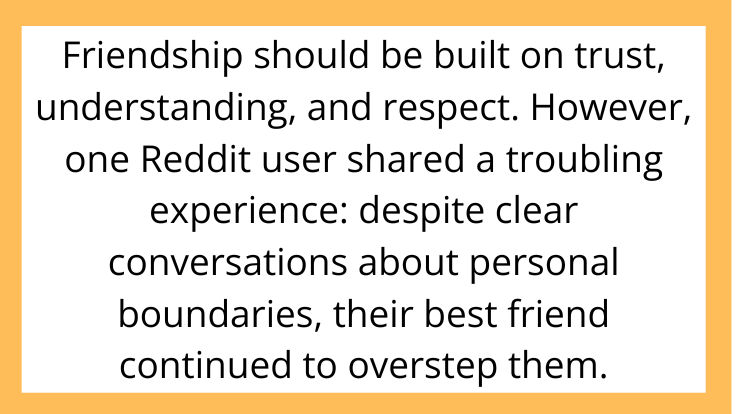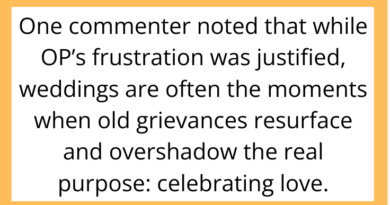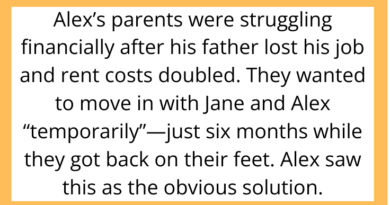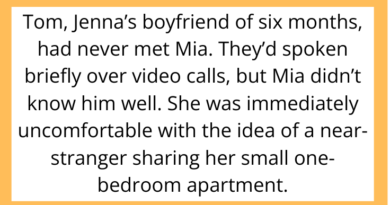AITAH for Cutting Off My Best Friend After She Repeatedly Crossed My Boundaries?
Have you ever reached a point where you felt you couldn’t tolerate someone’s behavior any longer, even if they were your best friend? Many people turn to the r/AITAH community to figure out whether standing up for themselves makes them the bad guy. Today, we’ll explore this real-life dilemma of ending a friendship after repeated boundary violations.
This story offers important lessons about self-respect, communication, and the difficult choices we sometimes have to make in relationships.
The Background: When a Best Friend Doesn’t Respect Limits

Friendship should be built on trust, understanding, and respect. However, one Reddit user shared a troubling experience: despite clear conversations about personal boundaries, their best friend continued to overstep them.
Examples included:
-
Showing up uninvited at their home late at night
-
Sharing private information with others without consent
-
Making sarcastic comments about their lifestyle choices
After several apologies that led nowhere, the user decided to end the friendship completely. Yet, their ex-friend and mutual acquaintances called them “selfish” and “dramatic.”
This is when they turned to r/AITAH to ask: Am I the asshole for finally cutting ties?
Why Setting Boundaries Matters

Boundaries aren’t about punishing others. They exist to protect your mental and emotional health.
What Are Healthy Boundaries?
Healthy boundaries define what behavior is acceptable and what isn’t. They help maintain balance in relationships by:
-
Allowing you to prioritize self-care
-
Establishing mutual respect
-
Preventing resentment from building up
In this situation, the poster had communicated their needs repeatedly. The friend’s unwillingness to respect those needs demonstrates a lack of consideration.
Keyword Takeaway
Setting boundaries is a crucial part of self-respect. Ignoring them often leads to conflict and emotional exhaustion.
The Role of Communication
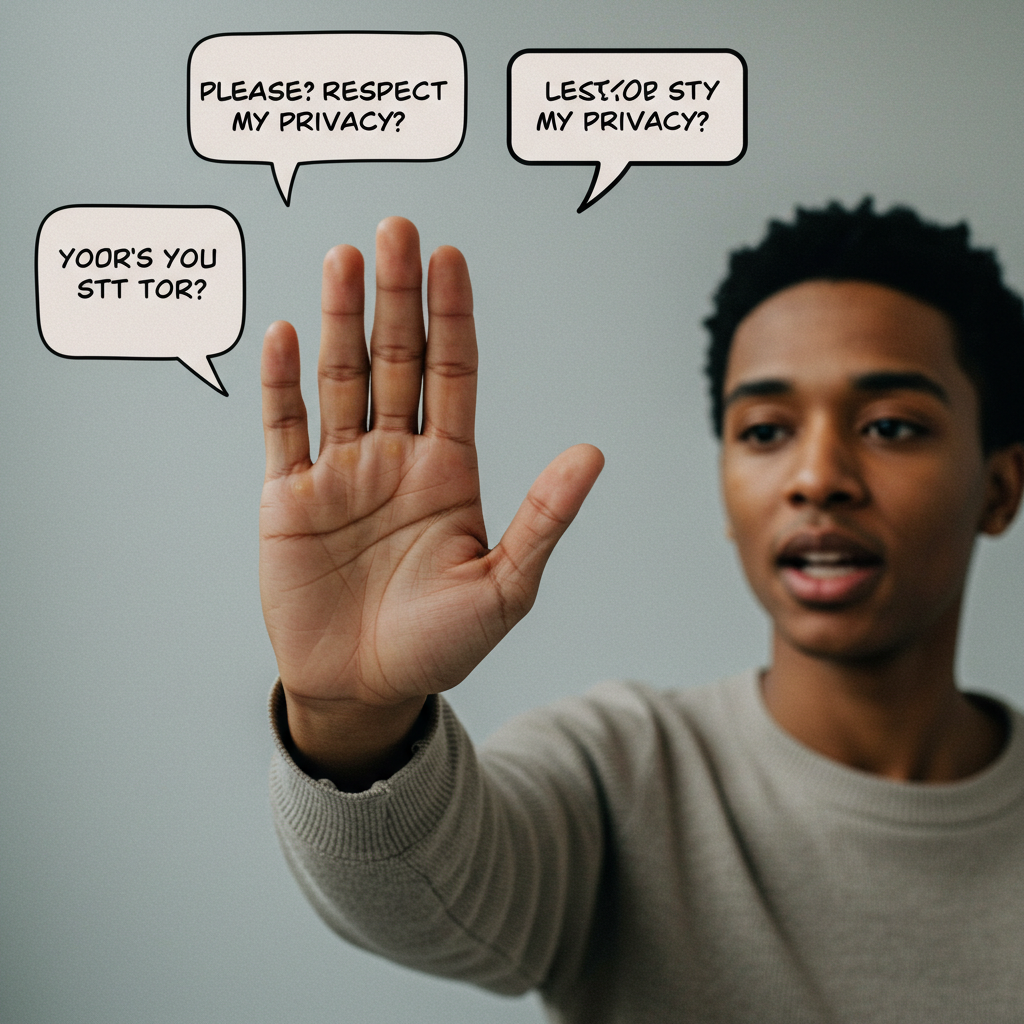
Some people argued the poster should have tried “one more talk.” While communication is essential, repeated conversations without change can drain a person’s energy.
How Much Communication Is Enough?
Experts suggest that if someone consistently ignores your boundaries after you’ve explained them calmly and clearly, it’s a sign they don’t value your perspective.
Examples of effective boundary communication:
-
“I appreciate your concern, but I need you to respect my privacy.”
-
“I’m not comfortable with you sharing my personal details.”
-
“Please don’t come over unannounced.”
When those statements are dismissed, ending the relationship can be the healthiest choice.
The Emotional Aftermath of Ending a Friendship
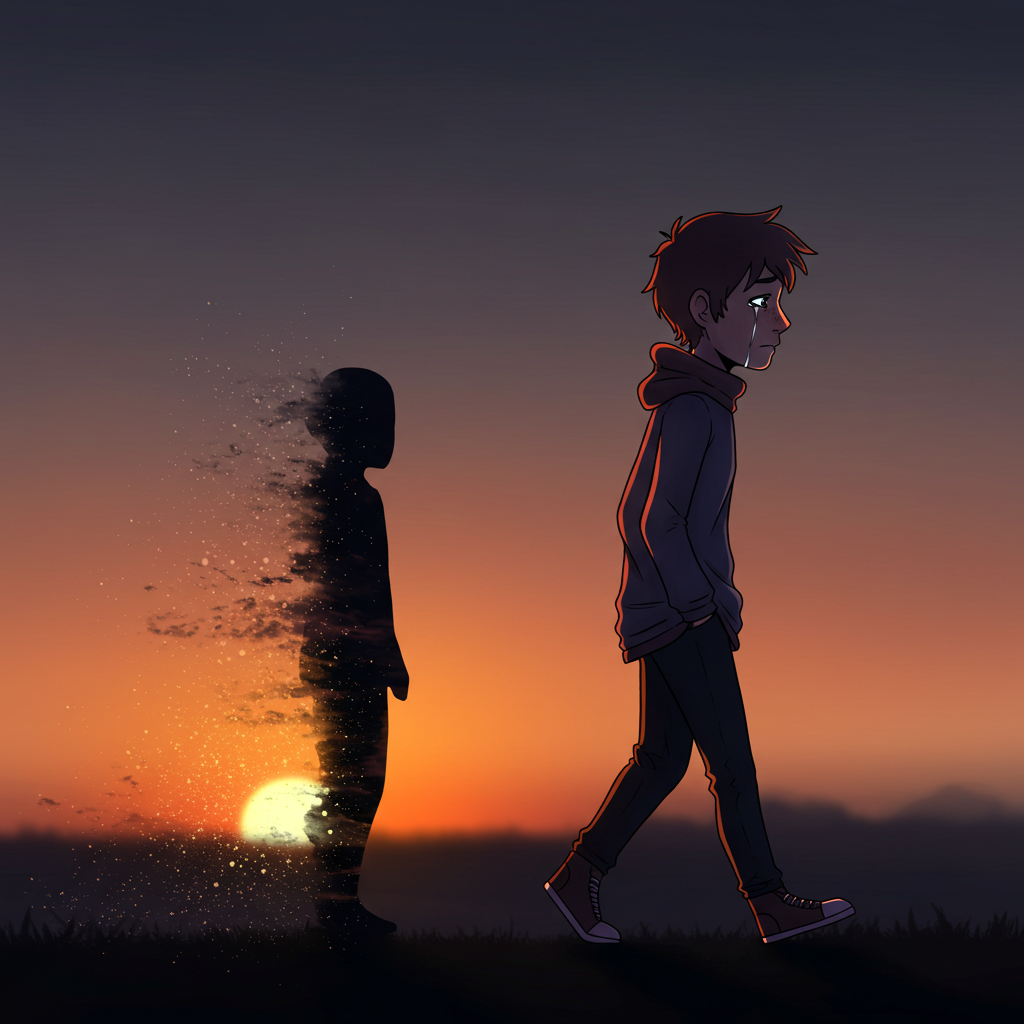
Cutting off a close friend is never easy. It often brings guilt, sadness, and uncertainty.
Coping with Guilt
Many r/AITAH readers empathized, noting that guilt is a natural reaction when you care about someone. However, it’s important to remember:
-
You are not responsible for someone else’s feelings if you have acted with honesty and respect.
-
Staying in unhealthy relationships only prolongs hurt.
-
Sometimes, distance is necessary for growth.
If mutual friends don’t understand, it doesn’t mean your choice was wrong—it means they haven’t experienced the same dynamics.
Moving Forward
After such a break, focusing on self-care and surrounding yourself with supportive people can help you heal. Journaling, therapy, and setting new goals are constructive ways to process your feelings.
The Community’s Verdict

The overwhelming response from the r/AITAH community was: NTA (Not The Asshole).
Most agreed that:
-
Repeatedly crossing boundaries after apologies demonstrates disrespect.
-
You are allowed to decide who stays in your life.
-
Protecting your well-being is more important than maintaining a friendship that hurts you.
This scenario resonated with many readers who had similar experiences and wished they’d acted sooner to protect themselves.
What This Teaches Us About Relationships

This story highlights a universal truth: sometimes, doing what’s right for you means disappointing others. And that’s okay.
Key lessons:
-
Boundaries should be non-negotiable when it comes to your mental health.
-
Good friends respect limits, even when they don’t fully agree.
-
Ending relationships isn’t a failure—it’s an act of self-respect.
These principles apply not just in friendships but in family dynamics and professional relationships as well.
Final Thoughts

Am I the asshole for ending a friendship that constantly drained me? According to most, absolutely not. In fact, knowing when to walk away is often a sign of maturity and self-awareness.
If you’re in a similar situation, remember: You deserve relationships built on respect and understanding.
